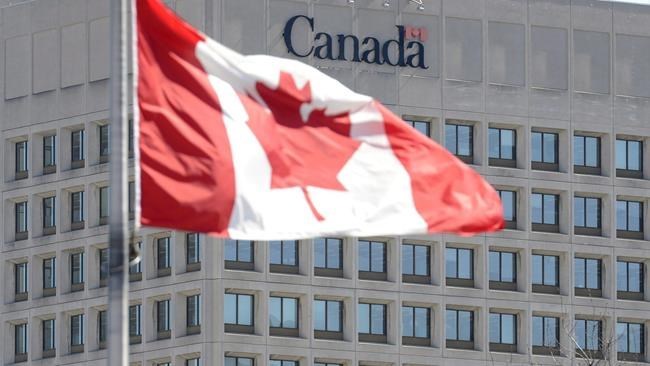OTTAWA — The Canadian Armed Forces is preparing for the launch of highly anticipated consultations with thousands of current and former military members and defence officials who experienced inappropriate sexual behaviour.
The consultation, known as restorative engagement, will see around 5,000 Armed Forces members and defence officials share their experiences and offer their thoughts on how similar incidents can be prevented in the future.
The process is a key part of the government’s $900-million settlement agreement in 2019 that resolved several overlapping class-action lawsuits brought by victims of military sexual misconduct.
The Defence Department’s civilian-run sexual misconduct response centre is leading the consultation in partnership with the military unit responsible for dealing with internal conflicts.
Denise Preston, the centre’s executive director, says a few smaller consultations were held in November as a sort of trial run to make sure the right support and services were in place before the process launches in earnest in January.
“We will begin engaging with larger numbers of class members in January,” she told The Canadian Press. “So it's already started in a small, limited way. But it's set to ramp up in January after the holidays.”
The restorative engagement consultations will be different from what is known as restorative justice, in which victims have a chance to confront those who harmed them.
The consultations will instead see current and former Armed Forces members as well as civilian Defence Department employees affected by sexual misconduct share their experiences directly with special panels to prevent and better address future incidents.
Participants will also have a number of ways to interact indirectly.
“This program holds tremendous potential for healing and also for transformation of the (military’s) culture,” Preston said, adding she would like to see it become a regular occurrence and not a one-off response to the class-action lawsuits.
Those wishing to participate were required to indicate their interest when they submitted their claim for inclusion in the settlement deal. Of the 19,147 people who submitted claims, 4,935 asked to be involved in the restorative engagement.
While the window to submit a claim officially closed on Nov. 24, lawyer Jonathan Ptak, who represented some of the claimants in the six overlapping class-action lawsuits, has said it is not too late to apply.
“While the deadline to file was Nov. 24, the settlement administrator has discretion to extend this deadline by 60 days (until January 23, 2022) due to exceptional circumstances or due to a claimant’s disability,” he said in an email.
“To date, many late claims have been accepted for consideration.”
Of the consultation’s objective, Ptak said it “will allow class members to share their experiences in a trauma-informed manner, and meaningfully contribute to culture change in the Canadian Armed Forces and Department of National Defence.”
While the sexual misconduct response centre is leading the consultations, Preston said it is partnering with the military’s internal conflict unit because of the latter’s large national footprint and ability to connect with Armed Forces members across the country.
Participants will be able to share their experiences or statements in a number of different ways, either directly to “cohorts” of military officials or indirectly through letters, video and audio recordings, Preston said.
“Or it may not even be either of those,” she said. “They might just choose that they want to share perhaps a piece of poetry or a pierce of art or something that they believe depicts what they’ve experienced and what the impacts have been.”
That flexibility was identified as a major priority through the centre’s earlier consultations, Preston said.
As for the cohorts, they will comprise groups of about eight who will work together for three to six months. Preston said they will be trained on interacting with people experiencing trauma as well as confidentiality rules before meeting participants.
“We're deliberately bringing together a range of defence representatives at all ranks and all levels across the organization,” she said. “Because it has to be if culture is going to change.”
This report by The Canadian Press was first published Dec. 31, 2021.
Lee Berthiaume, The Canadian Press



